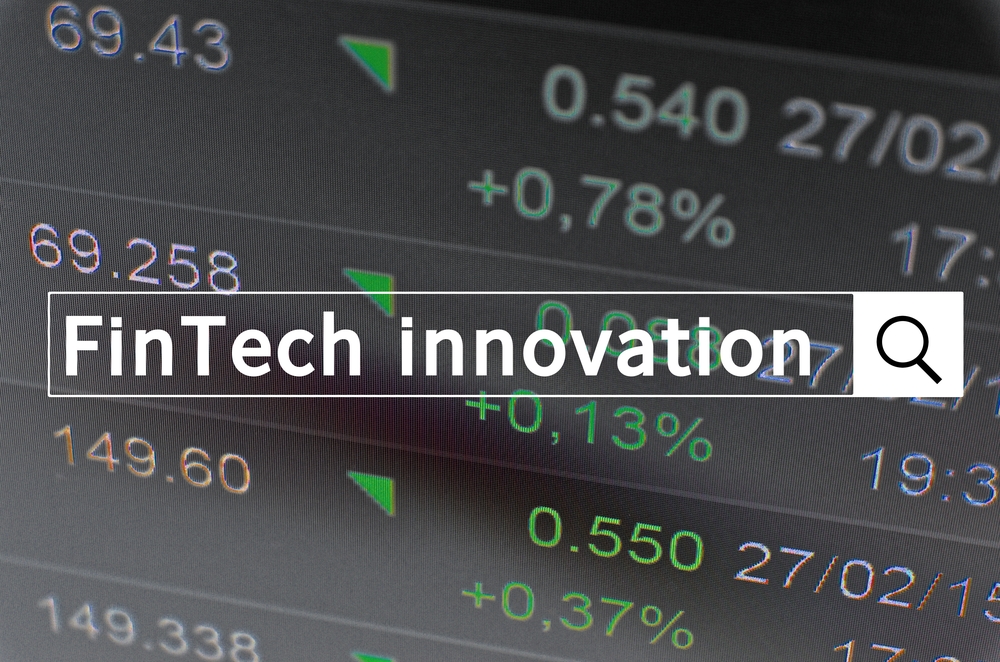In the past two years, the banking industry has once again woken up after a decade of slumber, having enabled e-commerce capabilities (and not much else).
The financial industry has been under a protective layer of statutory bodies and has continued to be in a legacy state. Now, the time has come for it to act or be disrupted by start-ups.
It's safe to say that FinTech – the fruition of a great deal of innovation that has taken place over the last few years – is disrupting the financial world.
In 2016, FinTech will facilitate not just mobile payments and mobile wallets – there are a lot of competitive start-ups in FinTech, some of whom will surely completely transform how money is virtually dealt with.
>See also: Is FinTech a bubble?
FinTech start-ups often have hybrid components and represent pain points that are relatively recent in the world. Banks now have serious competition to worry about and competition to integrate FinTech into their services will be fierce.
Many bankers are reluctant and have not been able to take advantage of the new regulations and their customers’ appetite for a unique experience, due to lack of technological understanding.
Banks currently provide just a façade of service through the online channel but underneath they continue to be as inefficient as manual. Consumers are burdened with managing their own funds and investments, and get very little value from the institutions with which they have a relationship.
Other more mature industries, such as logistics and e-commerce, are utilising technology and automation to provide a very unique customer experience – and are setting high expectations.
Start-ups that introduced ‘downloadable’ banks, such as Atom, Fidor, Moven and Number26, are challenging the incumbent legacy banking model – they are a harbinger of the tsunami of changes to 21st century banking.
Blockchain, which is one technology disrupting the financial industry, is nothing but a distributed ledger shared via a P2P (peer to peer) network that maintains an encrypted, versioned list of data records.
Each participant has a copy of the edger’s data, and additions to the chain are propagated throughout the network. This enables all the participants in an interaction to have an up-to-date ledger that reflects the current position, thus requiring a trusted intermediary such as a clearing house.
For example, an agreement between two or more organisations can be executed on a blockchain that will enable an autonomous enforcement of terms, such as a penalty agreement if a payment term of 30 days is exceeded.
Since no one organisation has control over this, no change by an individual is possible and the integrity of the agreement is maintained. The participant can include all counter parties, including banks, so that facts and agreements are recorded certifiably and indelibly – increasing trust, reducing risk, and thus reducing friction in business.
With the maturity of the payment solutions, the industry will inevitably see a battle of the legacy giants for survival, and their success depends upon strategic FinTech leadership.
The automation of virtual advice (such as Robo-Advisor) will lead 2016 in B2B markets due to the ubiquity of APIs, which are currently more mature in B2C markets thanks to leading players such as Schwab and Vanguard.
>See also: How financial services can become more like startups
This will bifurcate with premium fees associated with larger complex relationships. Conversely, fees will decline significantly for the mass affluent globally. Free trading and its availability will become the norm in 2016, with players like Robinhood.
Following this activity, social trading will be spurred by luring millennials. FinTech technology will continue to be led by Silicon Valley, but the successful implementation will be led by Asia's giants.
It is important to remember that innovation is the removal of the legacy process and does not simply involve automating existing legacy processes. Imagine what consumer finance would look like with intelligence and automation – the future is exciting and bright in this space.
Sourced from Subramanian Gopalaratnam, global head of innovation and technology, Xchanging







